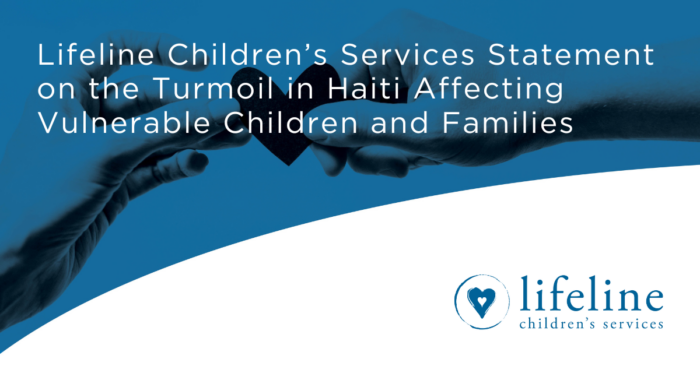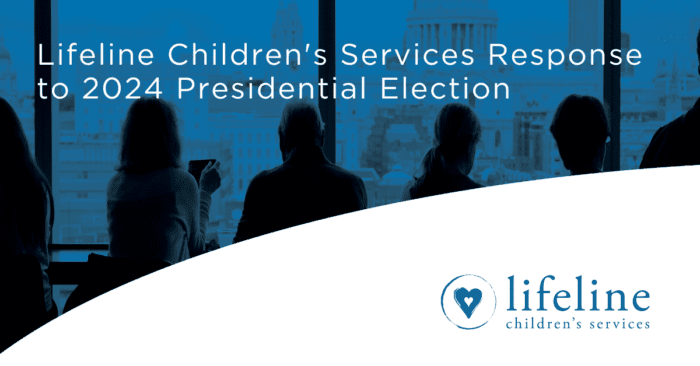

Suicide Ideation
Suicide Ideation Of all of the struggles parents can face with their children, few illicit the same level of fear that comes with suicidal ideation. Talking about suicide is hard


Memory and Trauma Anniversaries
IMPLICIT AND EXPLICIT MEMORIES Memory is a central construct to the development of children. We learn through observing others and by interacting with the world around us. This in turn
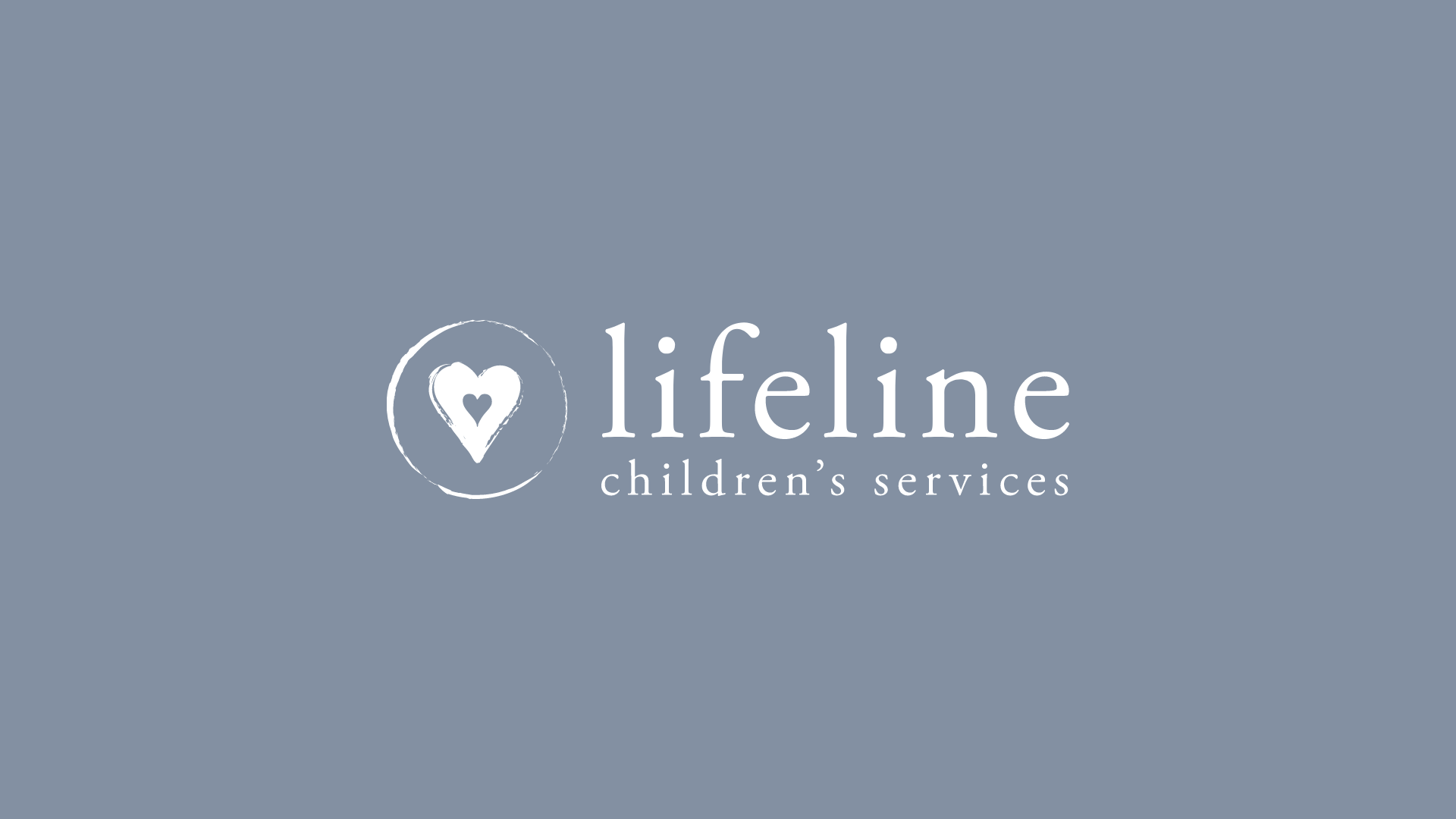

Winter Blues
THE WINTER BLUES Regardless of where you live, the shorter days of winter along with the messy weather can create havoc for our foster and adoptive children. We see a


10 Practical Ways to Help Your Child Heal
When children come into our care from hard places, whether as a newborn or an older child, they have experienced trauma. Our privilege as a parent is to walk with


Trauma in the Classroom
What is the difference between willful defiance and a trauma reaction? Children who have experienced relational or circumstantial trauma can express themselves in ways that are typically regarded as defiant
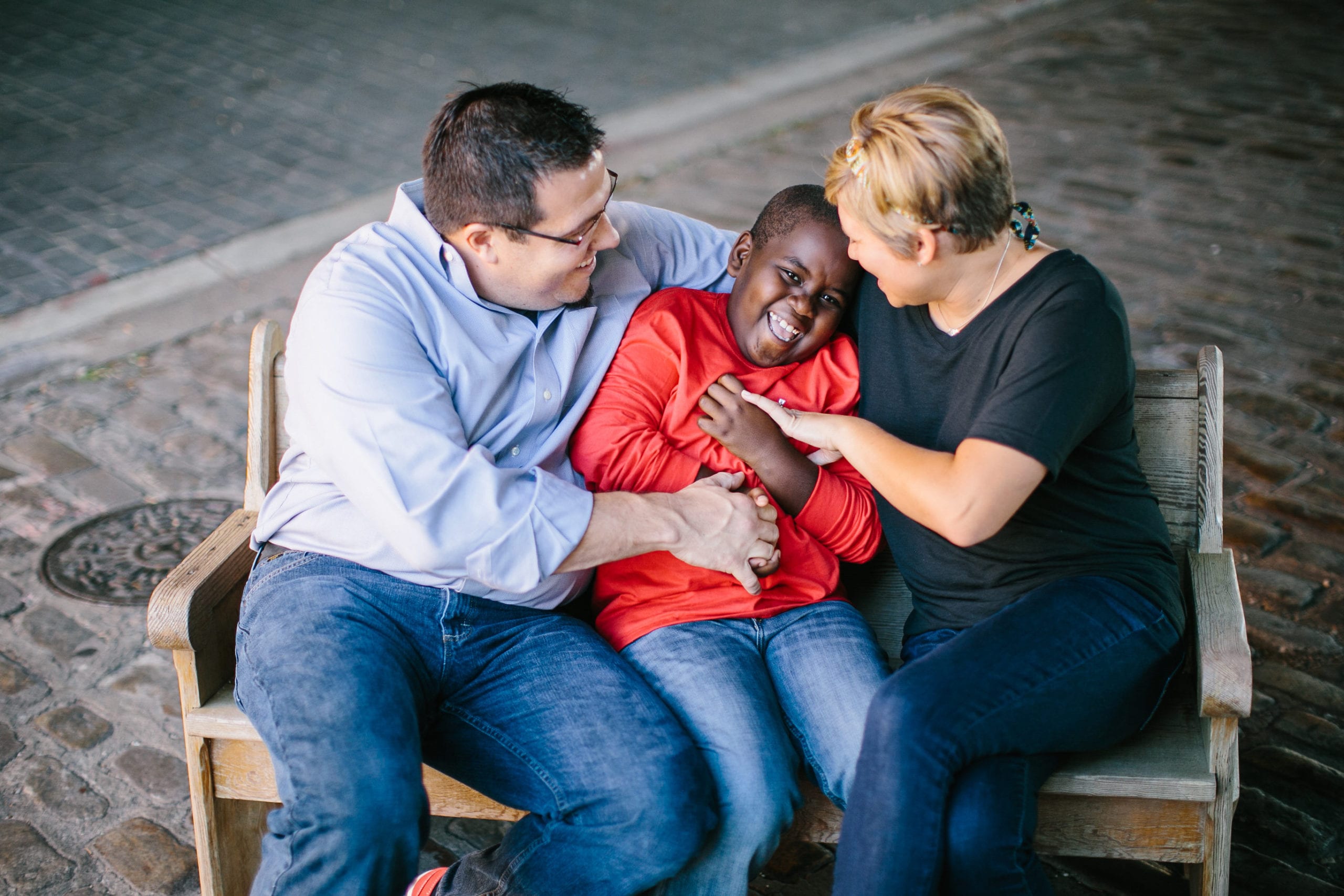

Talking with a Child About His/Her Adoption
From the moment your child is placed with you, you can begin bringing up adoption, your child’s birth country and how God brought him/her into your family. As your child


Post Adoption Depression Syndrome
The symptoms of PADS and the symptoms of post-partum depression are quite similar: Feeling depressed or particularly irritable for most of the day. Diminished interest in activities that used to


Grieving as Parents
Many times people assume children will grieve their losses in a fostering or adoption situation; however, it is not always assumed that the parents might grieve as well. Foster or
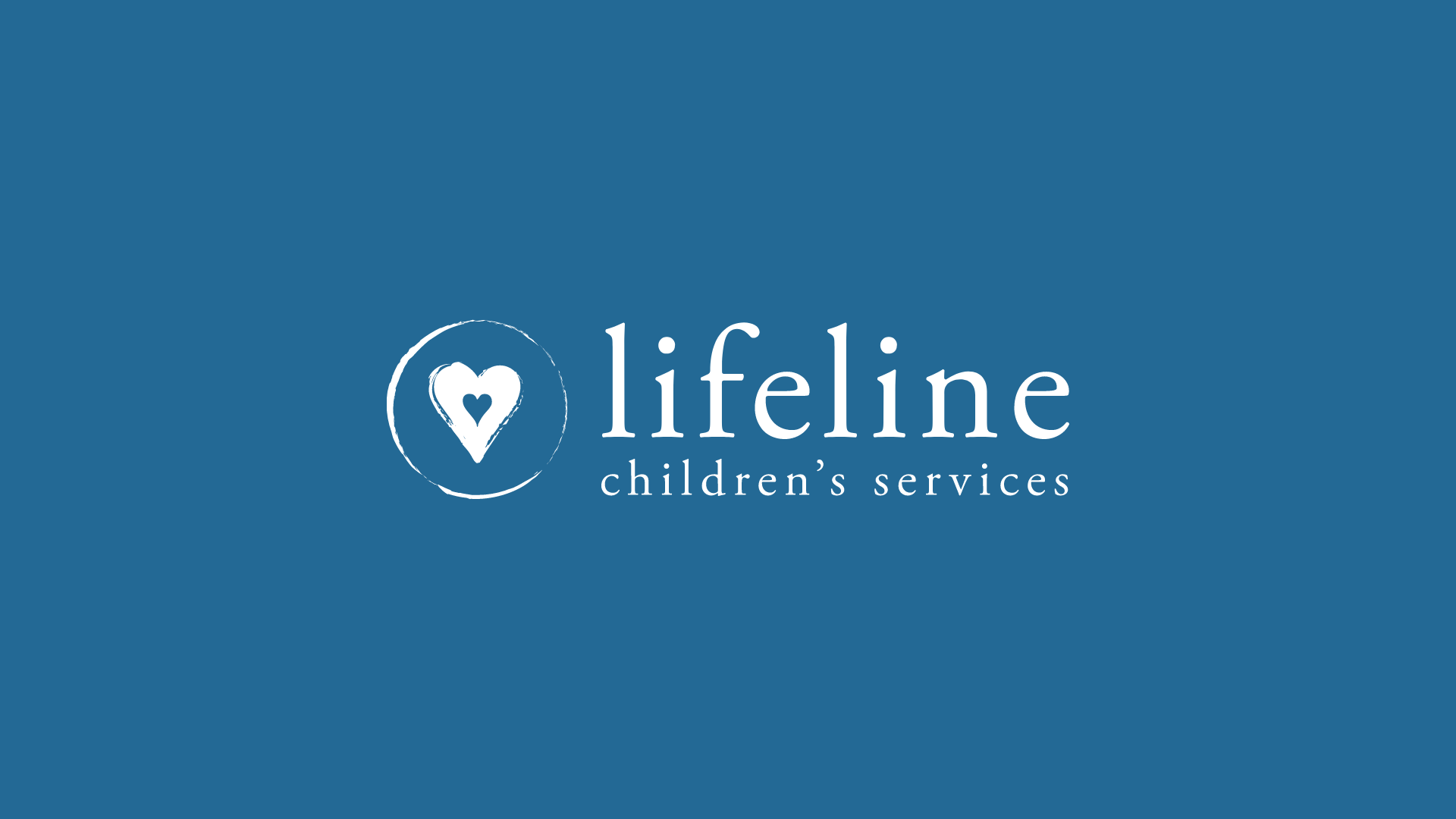

Challenging Behaviors
Remember where your child is coming from and to expect many challenging behaviors. Remember your child’s chronological age versus the developmental age. Discipline: Use positive scripting to verbalize what you

